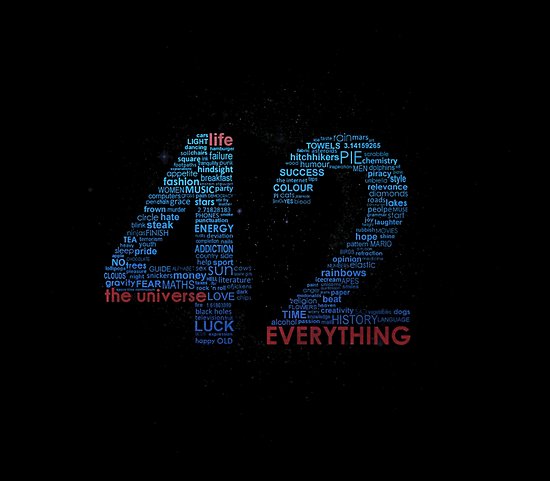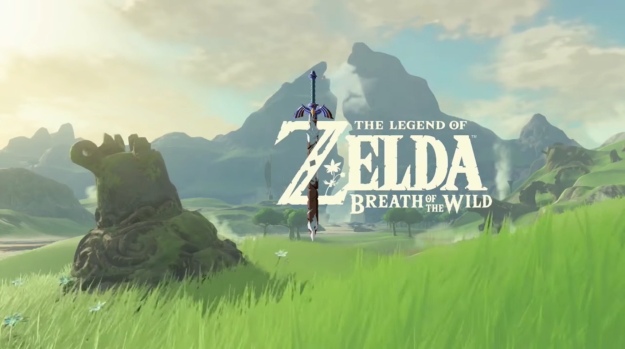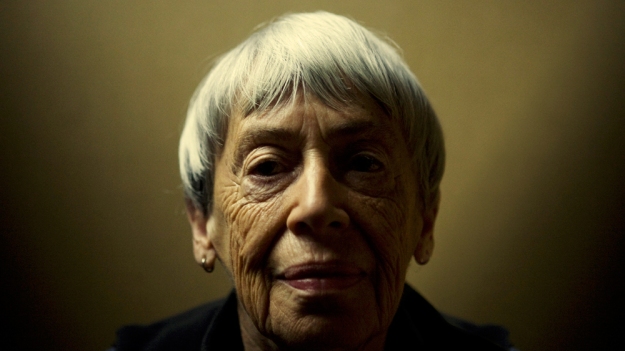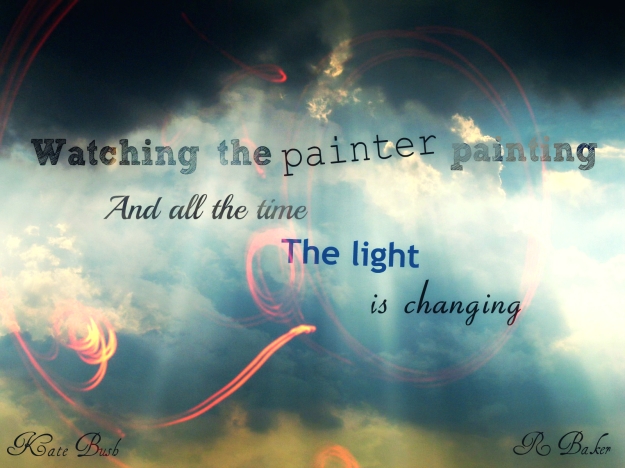“So it goes.”
I have reread Slaughterhouse Five multiple times. I also liked the movie. A young Valerie Perrine will be forever imbedded in my mind as Montana Wildhack looking at me from a tub. She made Billy Pilgrim forget his PTSD and created a respite throughout his time travels escaping a senseless hell. She brought peace.
I used to think there were some “just wars” like WW II. I am starting to believe there are NO just wars. I suspect Hitler’s rise could have been prevented by a much better foreign policy following WW I. His expansion could have been curtailed by a smarter, more unified diplomacy and the prevention of interference by multinationals, who worked on both sides to profit. The holocaust was preventable both by a different policy, the lack of constraints within Germany, and a more open policy towards accepting refugees in the US.
Slaughterhouse Five was published right around the time I was drafted for the Vietnam War. My lottery number was 39. There was no hope. I was called for my medical – “report to a bus pickup location with two days change of clothing at 6:00am.” A day before the life-changing event I had a sudden medical issue and had to be rescheduled. The ensuing bureaucratic delays were enough to still be at home a couple of months later when Nixon cancelled the draft. A major lucky break! I was totally unsuited for military duty and likely would have gotten myself killed. If not, I would have been a classic PTSD basket case before that term became wide spread.
Life is strange. So it goes.











